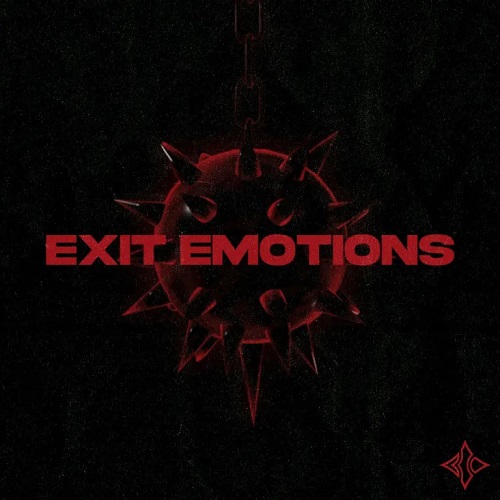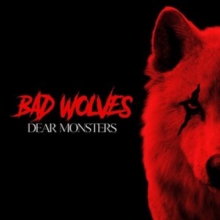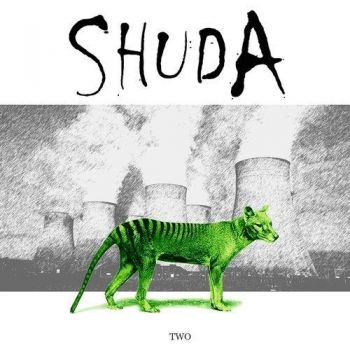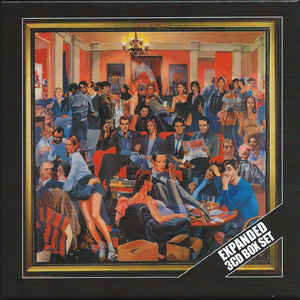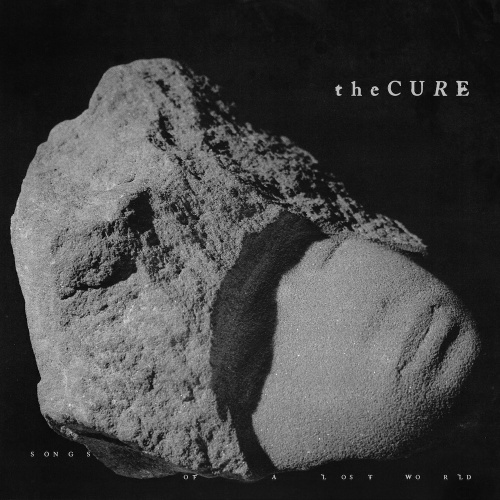
You can’t deny the impact of THE CURE in rock&pop culture. Their dark-beauty musical style is unique, and we love their late ’80s / early ’90s records. Tomorrow November 1st the band fronted by Robert Smith will release “Songs Of A Lost World“, the band’s long awaited new studio album, their first in 16 years.
Rumours about the release date began circulating as far back as 2018, a testament to Smith’s perfectionism and meticulous attention to detail. The extensive gestation process has left fans wondering: was the wait worth it? In a word, yes. Not since 1989’s ‘Disintegration’ has The Cure delivered such a cohesive and emotionally resonant body of work.
“Songs Of A Lost World” comes at a time when the Cure’s legacy feels more relevant than ever. The darker side of the band captured the doom and hopelessness of Margaret Thatcher’s Britain in the 1980s. While never directly political, the music was an exploration of the emotional cost of living in a world where hope is hard to come by.
There’s something sadly fitting about The Cure returning now to put a sound to a world of war, climate catastrophe and a global mental health crisis in the aftermath of a pandemic. It’s fitting that this is not the “Love Cats” or “Friday I’m In Love” version of The Cure. Smith describes this album as “dark” even by the band’s standards.
After a signature The Cure extended intro, the first words we hear from Robert Smith, on opener “Alone,” are, “This is the end of every song we sing.” Familiar sweeping keyboard strains by Roger O’Donnell are layered over a sparse, pounding, Disintegration-type beat by Jason Cooper. It’s the type of song that’s purpose built for this type of Cure album.
Simon Gallup’s bass lines have been the backbone of countless classics, so it’s great to hear him out in front on “A Fragile Thing.” It’s the closest thing to a pop song on the album and features one of the best choruses the band has produced in about 30 years.
In “War Song,” Smith moves closer to social commentary, expressing profound anger and disillusionment. With its driving guitar riffs and organ flourishes, the song explores the destructive forces of conflict, whether personal or geopolitical: “I want your death, and you want my life.”
The record also boasts moments of pure Cure rock, like “Drone: No Drone,” which channels the energy of “Never Enough.” Smith grapples with his inability to make sense of the world—a theme he’s revisited throughout his career—with fantastic guitar work by genius Reeves Gabrels (David Bowie Band) that gives the track its allure.
The album’s intros are remarkable in their patience and tension, holding the listener’s attention until the total weight of each song arrives. This method, which The Cure perfected on Disintegration, feels even more refined here, enhancing the album’s cathartic power.
By the end of 10-minute epic closer “Endsong” there’s a wrung-out feeling of having been through something. But even while Smith fires off lines like, “It’s all gone/ No hopes/ No dreams/ No world,” there’s a beam of resilience that shines through the black.
The Cure remains a master of that. Surviving dark times can reveal who you really are, whether it’s 1983, 1989 or 2024. Much like the best The Cure albums – and this does rank with their best – ”Songs Of a Lost World” isn’t just about the sadness. It’s about moving through the sadness.
Highly Recommended
Tracklist:
Disc 1 (49:18)
1. Alone (6:49)
2. And Nothing Is Forever (6:53)
3. A Fragile Thing (4:43)
4. Warsong (4:17)
5. Drone:Nodrone (4:45)
6. I Can Never Say Goodbye (6:03)
7. All I Ever Am (5:21)
8. Endsong (10:25)
The Cure – Songs Of A Lost World (2024), MP3+FLAC
 |





